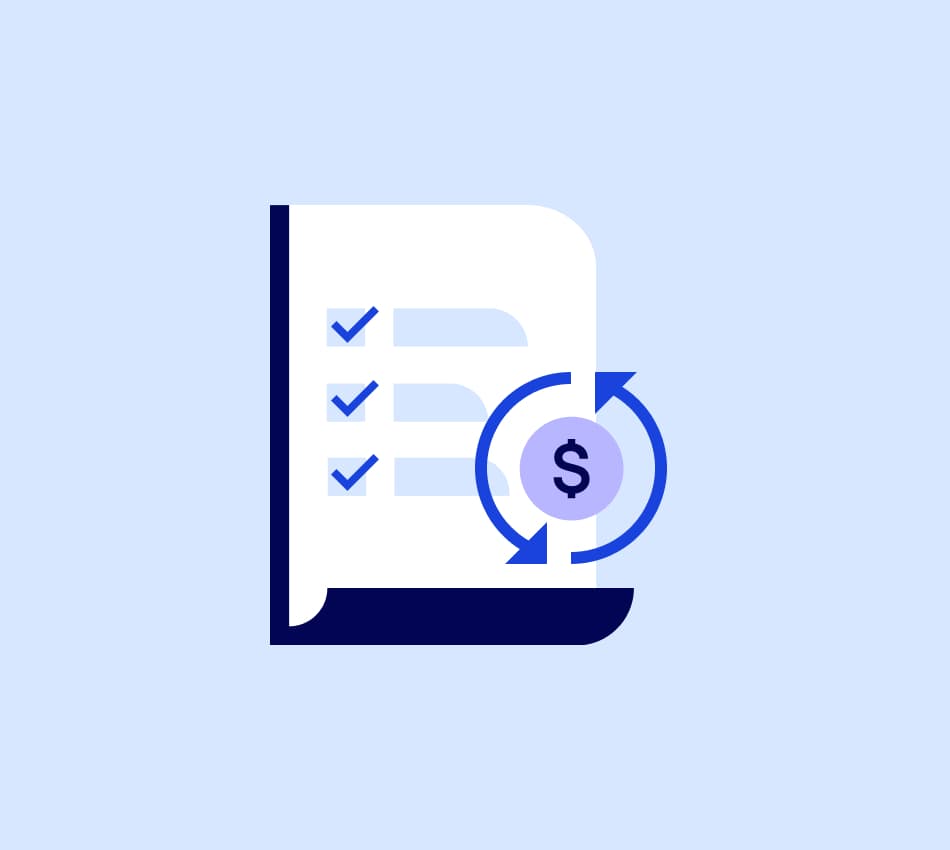Acquiring funds can be a challenge for small businesses. At a certain stage, your company may be too large to survive on revenue alone, but not quite big enough to attract major investors. A small business loan can help you bridge that gap.
What you need to know
- Register your company with the business credit bureaus to build a business
- credit history and credit score.
- Have your credit history, credit score, business plan, financial documentation and (potentially) collateral ready when you apply.
- Check and correct any legal or compliance issues before submitting your application.
Access your business credit score and credit history
Your business credit score indicates how responsibly your company manages debt, a simple but key part of the creditworthiness risk assessment that all lenders do. To see your business credit score, register with the three credit bureaus that issue them: Dun & Bradstreet, Experian Business, and Equifax Business. These bureaus can also track your business credit history—you’ll need both to be eligible for a loan or business line of credit.
When you apply for a business loan, lenders won’t accept your personal credit score or history—you’ll need to set up an independent business with an EIN and company bank account, not a sole proprietorship.
Write a clear, tailored business plan
Banks and online lenders see business term loans and lines of credit as investments, so with a solid business plan and a responsible credit history, you’ll likely get a lower interest rate and more favorable loan terms. Throughout the process, understanding the length of your business loan, APR, and other terms is essential to obtaining a fair deal.
When researching lenders, look for their minimum credit score requirements, industry preferences, and loan size limits. Tailor your business plan to the lender’s requirements and preferences. Clearly state your company’s vision and strategy on the first page of your business plan—lenders want to know what you’ll use the money for and how you envision your company’s future. In addition, your business plan can help the lender decide if a business line of credit or term loan is the best option for you.
Industry experience and your management team
Lenders want to assess not just your experience and financial history, but also how your company will function if you’re not there—therefore, you need to make a case for the experience of your management team. Gather résumés and bios for your team and develop a plan for contingencies.
Loan purpose and repayment plan
Lenders don’t typically ask the purpose of personal loans, but they will ask when you apply for a business loan or independent contractor loan for a few reasons:
- Legal requirements: There are more regulations on business loans, and liability is more complex.
- Risk: Business loans tend to be larger than personal loans, so it’s important for the lender to know you can repay them.
- Suitability: The lender can help you decide what type of loan is best suited to your business needs.
In your business plan, clearly define how the loan funds will be used and whether it will increase revenue.
Gather your financial documentation
Financial institutions assess risk by checking your financial documentation during the loan underwriting process. The easiest way to comply is to show your lender your quarterly finance reports, including income statements, balance sheets, and cash flow projections.
You don’t need to be a financial professional to run financial reports. Connecting your business bank account to an accounting software like QuickBooks Online will allow you to run financial reports with a few mouse clicks.
Legal compliance
All financial institutions have rules and regulations they need to comply with before lending to you. Ensure that all your business licenses, permits, and registrations are up to date, and that your company is in good standing with the Internal Revenue Service (IRS).
Be prepared to post collateral, if asked
Collateral is an asset owned by your company that can be posted to guarantee repayment of your business loan. Loan criteria don’t always require collateral, but if you’re willing to provide it, you may be able to secure a loan you otherwise wouldn’t qualify for. Common forms of collateral include real estate, equipment, and inventory.
With a solid grasp on how your business credit history and score compare to lender requirements, you’ll be able to prepare yourself for submitting a loan application. Gather your business documents, make sure your business plan is clear, and choose a lender that aligns with your short- and long-term needs.
Grow your business with a term loan or line of credit.
